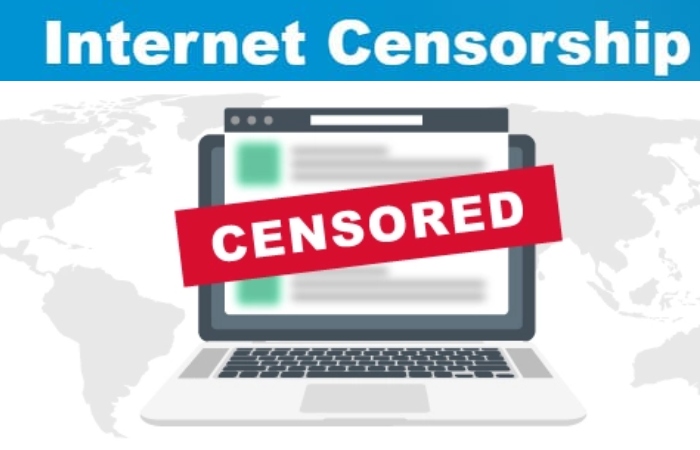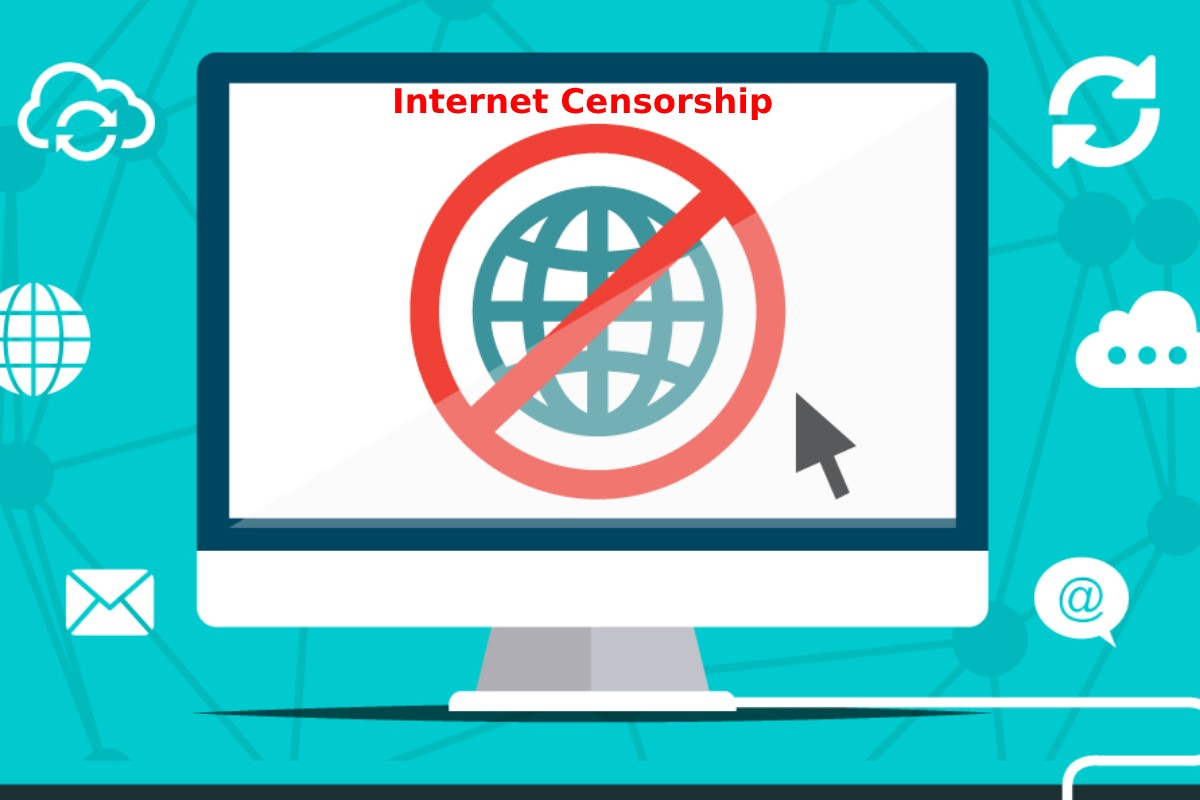Internet censorship legally controls or suppresses what you can publish access or view on the internet. Its application encompasses specific internet domains, including other internet resources in external jurisdictions. This article explores how it works and how you can circumvent it.
What Does Internet Censorship and Circumvention Entail?
Internet access is the mainstay of communication in the modern-day world. Yet, various institutions, including governments, could restrict your access to it, denying you the right to publish or view information. Understanding how censorship works and how you can circumvent it is essential for your online safety.
A VPN enables you to get around ISP, local networks, and governmental restrictions. You can attain an ip 변경 from a nation where domestically prohibited content is available by joining a VPN. You can use blocked services without being observed since a VPN protects your privacy.
How does Internet Censorship work?
Various institutions and governments use internet censorship to control or suppress what content to publish, communicate, or access via the internet. It is applied at multiple points when browsing your internet. There are four main points of access on the internet: device, local network, internet service provider, and search engine. Censorship is applied on one or multiple points, depending on the institution’s desired extent.
Internet censorship works based on the point of access. Here is a breakdown of how this happens:
- Local Network: It occurs within the local network of a company or institution.
- Device: Blocks on your device deployed by specific software, denying you access to the internet or its resources.
- ISP: This censorship happens at the national or internet service provider level. In this case, an entire network or specific websites are inaccessible. This censorship blocks a whole country from accessing particular websites or information on the internet.
- Search Engine: a search engine block is often initiated by a government, requiring the search engine to block access or information to particular search queries.
Different pieces of information can end up unavailable to access depending on what the authorities want to achieve. For instance, blocks on your device could help protect your child against pornographic content, torrenting services, and propaganda.
Strategies Used in Internet Censorship

The approach used to censor the internet often depends on what the authorities want to achieve. There are four popular strategies: DNS tampering, IP blocking, keyword filtering, and packet filtering.
DNS tampering suffices when an authority deregisters a domain with nefarious content. This approach ensures the website is not visible to internet users, limiting access to its information. It corrupts the domain name system and diverts the internet traffic to a different destination. You could also refer to it as DNS spoofing or poisoning.
Keyword filtering consists of blocking or minimizing access to information bearing specific keywords. Any search query with the forbidden keywords will not return the intended information. In this case, a URL resets if it contains a string of forbidden keywords. Its goal is to minimize propaganda, mass action, and explicit content.
Institutions could also consider IP blocking, which entails blocklisting particular IP addresses. Surveillance computers will check your connection every time you try accessing specific sites. The internet service provider must drop or reset the connection whenever you try accessing an IP-blocked address.
Packet filtering is a new, fine-grained censorship strategy that uses sophisticated internet censoring technologies, including in-depth page scanning. Besides blocking the IP address, this approach denies you access to the actual content material. In such instances, users receive multiple error messages whenever they initiate a connection.
How to Circumvent Internet Censorship?
Internet censorship curtails access to critical information and entertainment, meaning a circumvention tool is necessary to access it. Various approaches suffice, including VPN, smart DNS, a proxy for ultrasafe, and Tor.
Using an exceptional proxy on your Ultrasafe tool is the securest and most reliable way to circumvent censorship. This technology hides your IP address and reroutes traffic via a different public server, allowing you to access information regardless of location.
VPNs are ideal for more secure browsing, although they can make your connection speed noticeably slower. They hide your IP address and reroute traffic through particular servers around the globe. At the end of the day, choosing a reputable and foolproof option to get the maximum return is what matters.
Conclusion
While internet censorship serves particular objectives for the authorities, it denies you access to critical information. Investing in reliable proxies and bypass methods, including those above, guarantees free information publication and viewing on the internet, serving your immediate needs.


